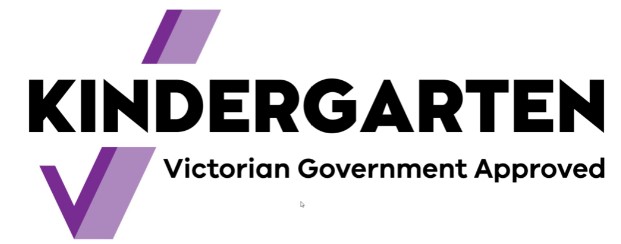Ideal Learning Hours and Time Frame for Kindergarten in Australia
16 December 2021A typical kindergarten class in Australia runs for about 15 hours each week. There are schools with a combination of full and half-day schedules while others have half-day or full-day only classes. Teachers and instructors are expected to plan regular breaks for kindergarteners to facilitate eating and playing for children. Read on below to find out the ideal learning hours and time frame for kindergarten in Australia.
Kindergarteners are perceived to be at their developing stage. It means that they learn through routines. It is why going to school regularly is of the essence. Teachers and instructors often plan programs and activities by building upon previously-learned skills. At Gower Street Kindergarten, children are on a fortnightly program wherein classes usually last for eight hours. Their play-based learning program starts at 8:30 am until 4:00 pm.
Rapid Physical Growth
Children between three to six years old are considered to be under the kindergarten stage. They continue to grow rapidly and develop their motor skills. In addition to that, this is the stage where their body proportions become more refined. This goes to show that the kindergarten stage is a significant time for the child’s development. Kindergarten would help guide your child’s development during this phase. With the necessary tools and learning materials, your child will learn the concept of physical growth and body systems.
Basic Skill Development
Children at the kindergarten stage have started to master basic skills such as sitting, walking, toilet training, using a spoon, scribbling, and sufficient hand-eye coordination to catch and throw a ball. Likewise, their vocabulary will grow to approximately 1,500 words. They will be able to produce five-to seven-word sentences, learn to use the past tense, and tell familiar stories using pictures as cues. They can also demonstrate fairly good control of pencils, crayons, and scissors. Other motor skills involve the ability to skip and balance on one foot.
Kindergarten provides a platform for your child to exercise these skills and maximise all learning opportunities. Kindergartens have the facilities to accommodate these developments while further improving your child’s skills and abilities.
Social Attachment Formation
The kindergarten stage includes a significant development in the child’s social attachment formation. You will be able to notice that they start to form peer relationships, identify gender roles, and develop moral correctness. Looking at things from a different point of view can be difficult for your child to grasp, as they transition from being the centre of attention to interacting with others. For instance, your child might expect his playmates to share their toys with him but remain possessive of his toy. Your child will not hesitate to prioritise himself above others because it is what he got used to. This is when the child will learn more about social interactions and how to deal with them.
Kindergartens offer the avenue for your child to interact with children of the same age. This will fully enhance their social skills while further developing their attachment formation. Aside from that, kindergartens ensure that your child can form peer relationships in a safe and conducive environment.

